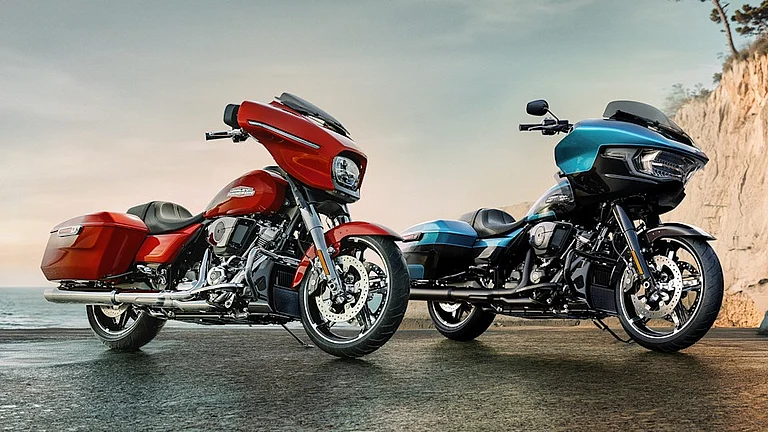
DGTR has recommended a three-year safeguard duty on certain steel imports.
The move aims to protect domestic steelmakers from rising imports.
While the Indian Steel Association welcomed it, downstream industries fear higher costs and supply challenges.
The Directorate General of Trade Remedies (DGTR) has issued its final recommendation on imposing a safeguard duty on imports of certain flat steel products for three years to protect domestic manufacturers. It has proposed a duty of 12% in the first year, 11.5% in the second, and 11% in the third.
While the Indian Steel Association (ISA), which had pushed for the duty, welcomed the move, others warn that downstream industries may bear the brunt of higher tariffs.
These steel products have already been subject to a provisional 12% safeguard duty since April, imposed for 200 days on the basis of DGTR’s preliminary findings.
“There is a recent, sudden, sharp and significant increase in imports of PUC (product under consideration) into India at the cumulative level as a result of unforeseen developments… and (this) threatens to cause serious injury to the domestic industry/producers,” the DGTR said in its notification on August 16.
The DGTR also recommended that no duty be levied if import prices are at least $675 per tonne for hot-rolled coils and sheets, $695 for hot-rolled mill plates, $824 for cold-rolled coils and sheets, $964 for colour-coated steel products, and $961 for metallic-coated steel coils.
The ISA had flagged a sharp rise in imports, warning of serious risks to local producers. Major exporters of these products to India include China, South Korea, Japan, Vietnam, and Nepal. The final decision will rest with the finance ministry.
According to NDTV Profit, Naveen Jindal, President of the ISA, welcomed the recommendation, saying, “While the proposed 12% duty may not fully reflect the geopolitical context where 25% is often considered the norm, it demonstrates clear government support for using such measures to promote Aatmanirbhar Bharat in steel.”
He added that introducing a safety net through minimum import prices, below which the duty would be triggered, was a positive step to protect and support the downstream industry.
However, trade policy think tank GTRI warned that the duties would “cripple the auto, engineering and construction sectors.”
According to ANI, it noted that more than 250 stakeholders, including leading automakers, electronics firms and industry bodies, opposed the move. Companies such as Tata Motors, Maruti Suzuki, Hyundai, Toyota Kirloskar, LG, Samsung, Whirlpool, ABB, Siemens, Crompton Greaves, Havells and L&T argued that the duty would raise input costs, hurt export competitiveness, and make customer-specific steel grades harder to source.
Industry associations ACMA, EEPC and IEEMA voiced similar concerns, stressing that many specialised steel grades are not produced in India and imports are essential. They added that import levels were only returning to pre-Covid volumes and criticised the DGTR for using what they called an inappropriate base year.
GTRI further argued that India remains a net steel importer, with demand in FY25 estimated at 137.82 mt against domestic production of 132.89 mt. It also highlighted that steelmakers remain highly profitable, citing Tata Steel’s EBITDA margin of 21% in India and SAIL’s 11.6%.
According to the think tank, Indian producers are far from distressed, and when combined with Quality Control Orders, safeguard duties risk creating “cartel-like conditions” that favour a handful of large steelmakers at the expense of the broader manufacturing ecosystem.

































